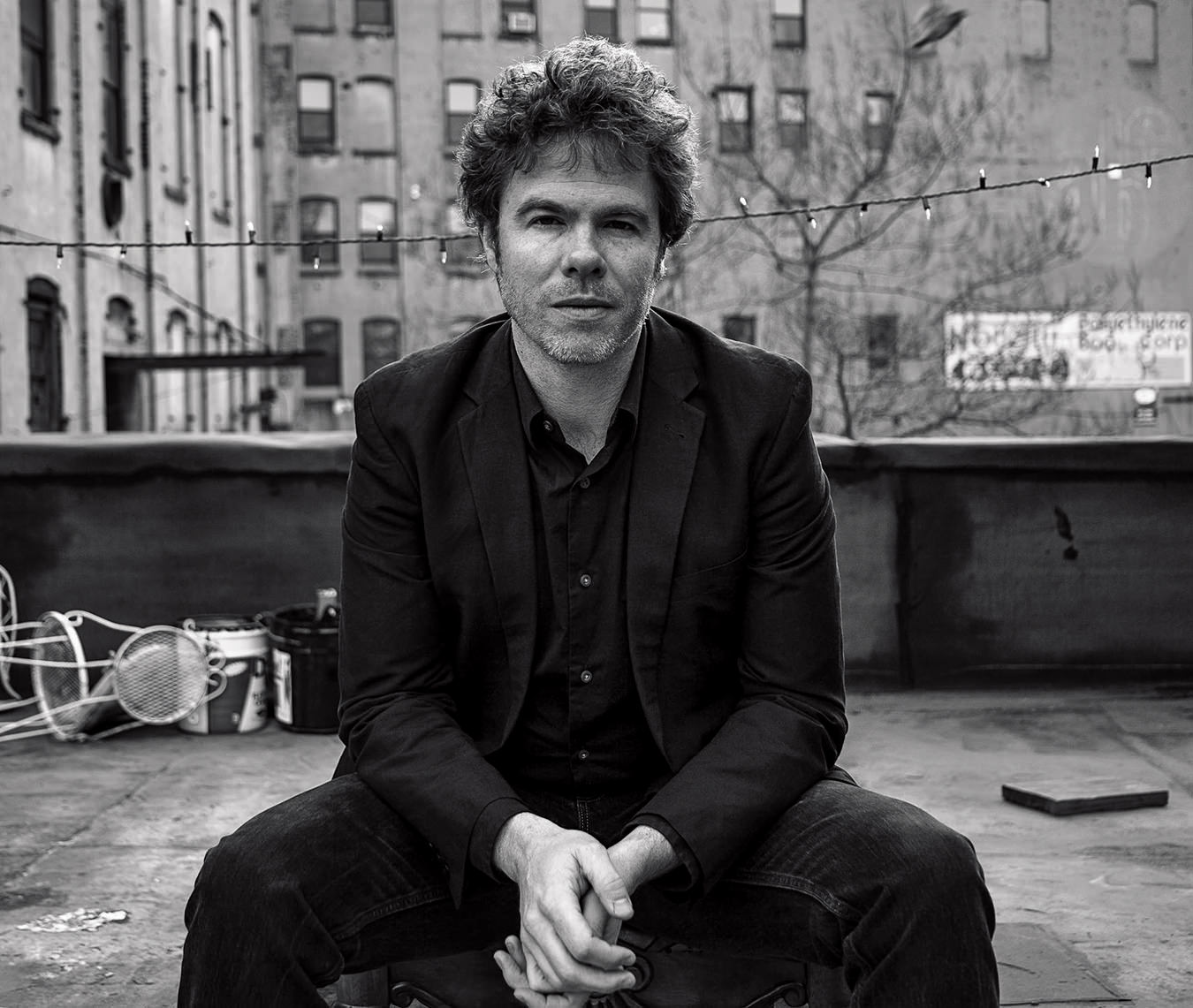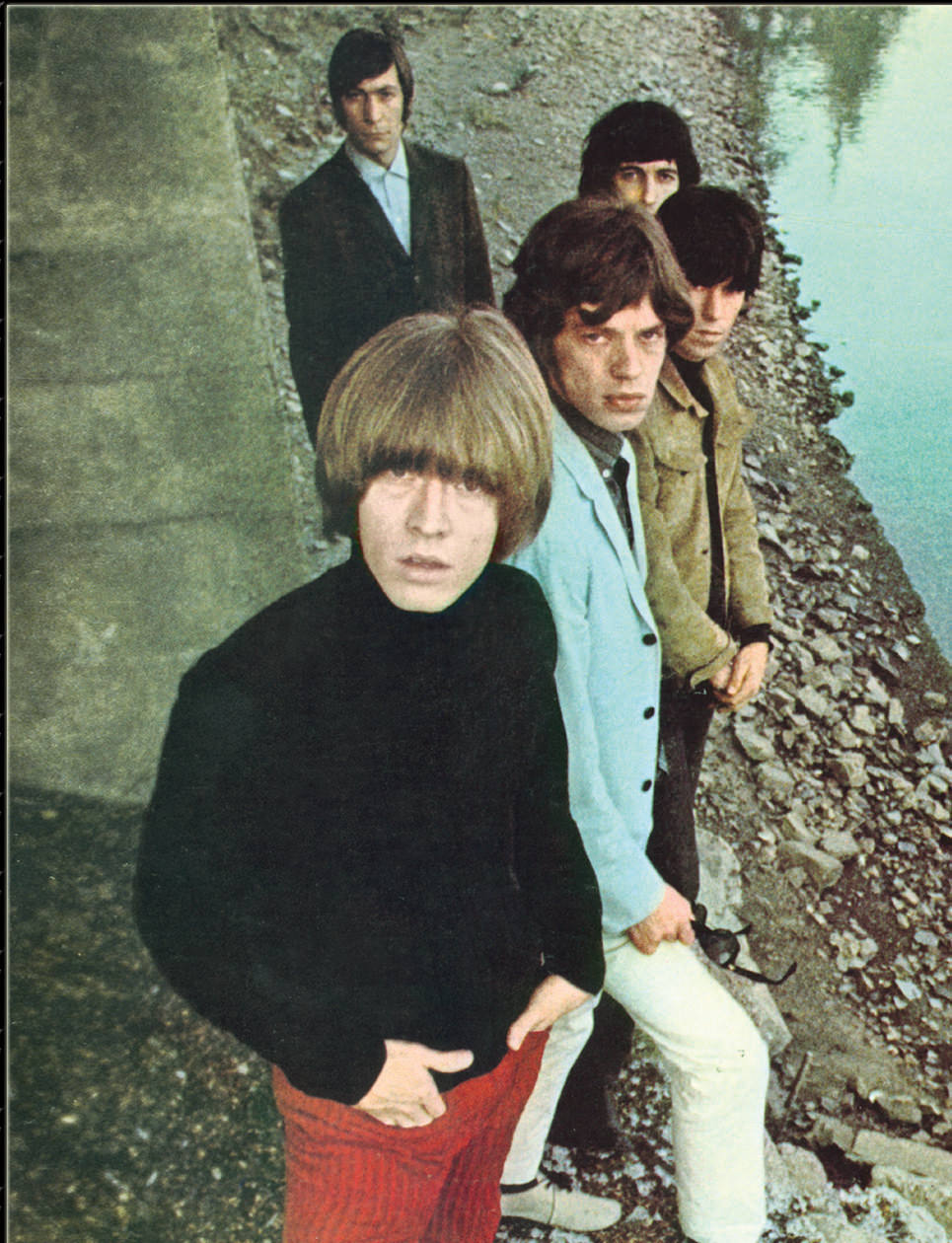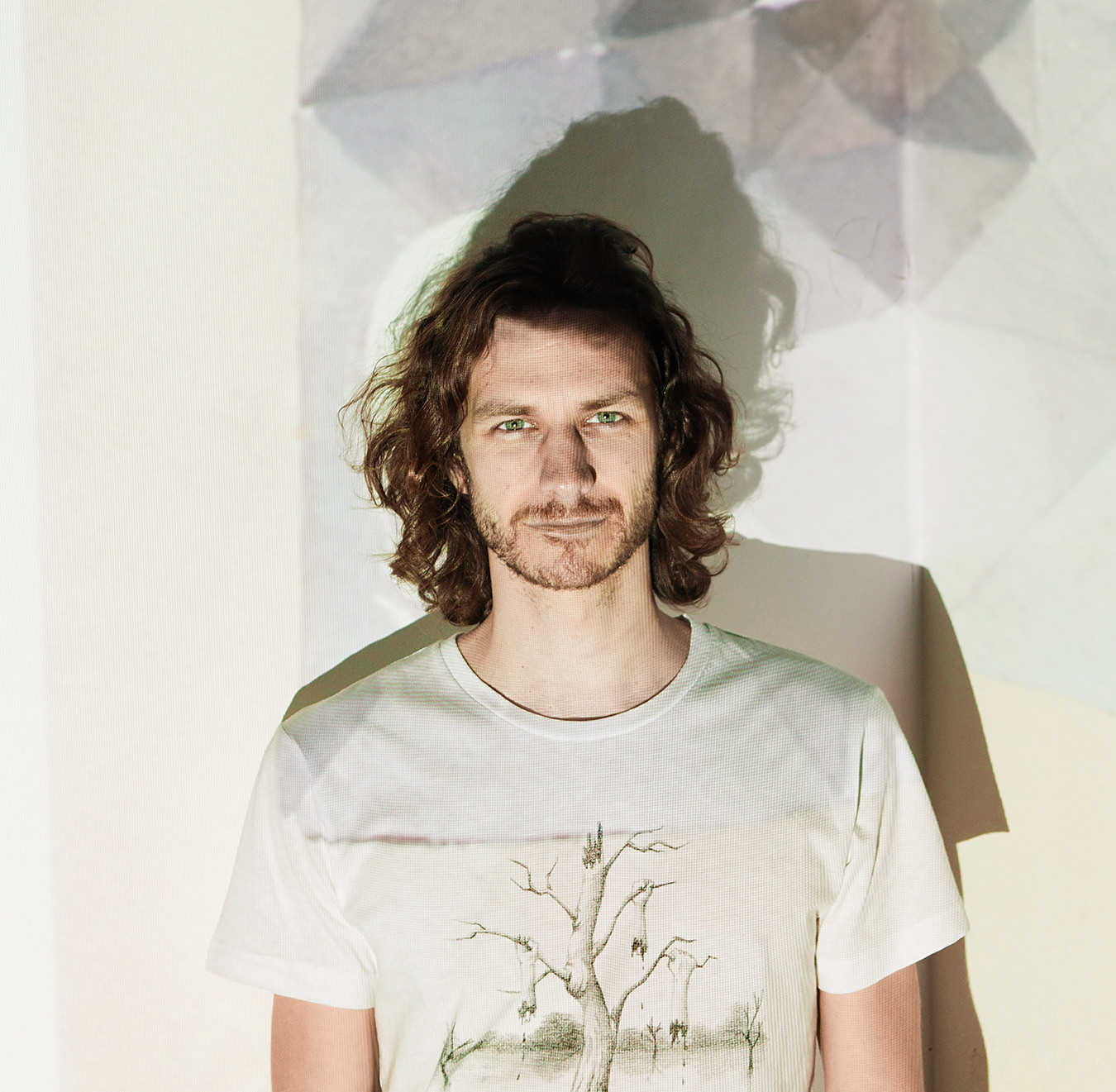What Happens When AI Comes for Popular Music?
It was only a matter of time before AI-literate producers found a way to turn artificial music into real profits.

The press shots were the first clue that something was off: the skin too polished, the lighting too staged, the expressions of both joy and earnestness too forced and too plastic. The band’s name was another giveaway. It was too close to that famous art-rock outfit to be a coincidence. And then there was the music: pleasant but predictable, smooth but more than a little safe.
The Velvet Sundown certainly isn’t the first manufactured group disguised as the real thing to climb the pop charts (see: The Monkees). Nor is it the most technologically savvy (see: Gorillaz). And it will likely never be the most commercially successful (see: the entire K-pop industry). But it may end up being the most consequential: the first synthetic band created wholly by artificial intelligence, complete with a prefab set list, AI-generated album covers, and bot-run social media pages—along with a (seemingly fake) PR rep from Canada.
To players and purists, such music by algorithm is heresy of the highest order. But no one else seems to be plugging their ears. As of midsummer, the AI band boasts an enviable 1.4 million monthly listeners for its laid-back, early 1970s sound. How many of these are humans seeking out the band and how many have simply been pushed there by vibe-centred playlists is anyone’s guess.
As the rise of streaming makes it difficult for anyone who strums a guitar to make a living, it was only a matter of time before AI-literate producers found a way to turn artificial music into real profits. Whatever else it is, The Velvet Sundown is proof that robo-rock is now a viable business model. Based on Spotify’s current payout grid, the band (or more accurately, its as-yet anonymous creator) is cashing in to the tune of thousands of dollars a month on that platform alone.
Such easy success brings up some hard questions. Such as, when we can stream and swipe through the entirety of humanity’s back catalogue on our phones, what value does any of it have? Or when making music becomes so easy that it requires neither technical ability, lyrical skill, nor onstage swagger, what need do we have for divas, heartthrobs, or superstars?
And the biggest question of all: what happens when music loses its ability to reflect or reveal something human? When our playlist becomes a collection of smooth but safe AI output rather than the soundtrack to our lives, what’s the point of tuning in? Sure, if it makes you happy, it can’t be that bad. But that doesn’t make it good.




